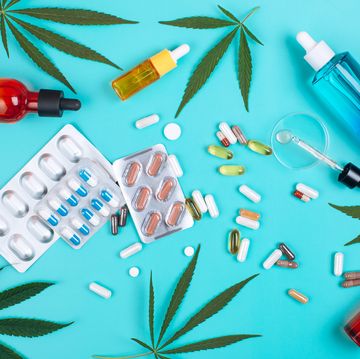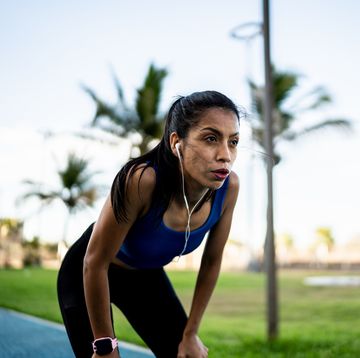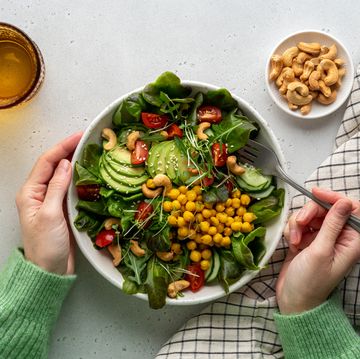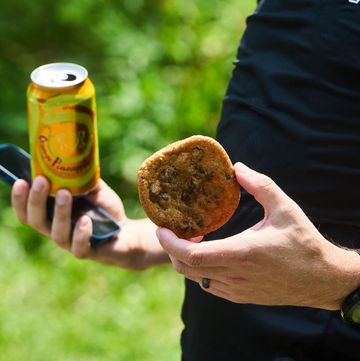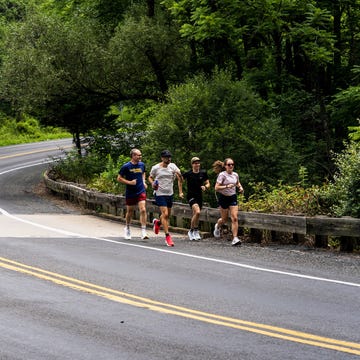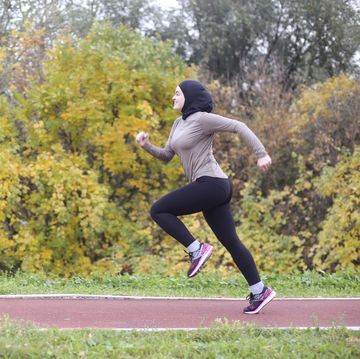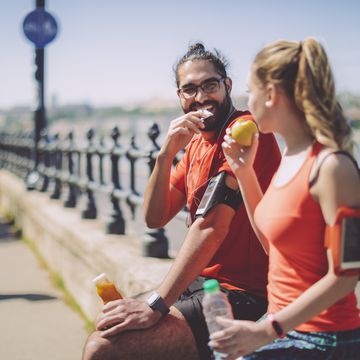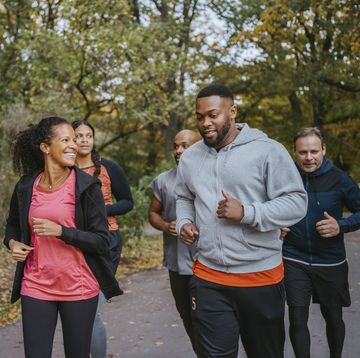- New research published in Psychological Bulletin set out to explore if performing acts of kindness is tied to improved health and well-being.
- There was a modest connection between altruistic behavior, physical health, and psychological function.
Plenty of research on emotional well-being and resilience deliver the same type of advice: Exercise regularly, eat healthy, cultivate a sense of meaning and purpose, and be kind to others. But, recent research suggests, that last one may be a bit more complex than it seems.
Published in Psychological Bulletin, the meta-analysis looked at 201 studies of behavior defined as “prosocial”—which encompasses attributes like cooperation, trust, compassion, and altruism—and its effect on your health and overall quality of life.
According to lead author Bryant Hui, Ph.D., research assistant professor at the University of Hong Kong, prosocial behavior tends to have a significant impact at a societal level because it might affect numerous people. For example, volunteerism can have a big impact over time.
However, there was only a modest connection between prosocial behavior, physical health, and psychological function. “It’s not a big booster, but it’s still meaningful,” he told Runner’s World.
It turns out that certain types of behavior provide more well-being power than others. Random acts of kindness that are unplanned—helping an elderly neighbor carry groceries, for example, or paying for your friend’s coffee after a long run—tended to be more strongly associated with higher overall well-being than more scheduled, planned activities like volunteering at a race.
Part of that could be the social connection you get in feeling that spontaneous kindness, said Hui. Informal giving and altruism also tends to feel less like an obligation and more like a gift, he added.
Another finding was a stronger sense of well-being with kindness that leads to feeling a deep sense of meaning, compared to kindness that offers just a fleeting moment of happiness or positivity.
Effects varied by age, Hui said, with younger participants getting more of an emotional uplift, while older participants reported improved health effects. Also, women noted more connections between kindness and well-being than men.
Does this mean you can skip being kind if it doesn’t have the over-the-top health effects you wanted? Not so fast, according to Hui.
“We want to advocate for prosocial behavior, which, we strongly believe, is a universal virtue, and part of the shared culture of humankind,” he said.
Join Runner’s World+ for the latest health news!
Elizabeth Millard is a freelance writer focusing on health, wellness, fitness, and food.




